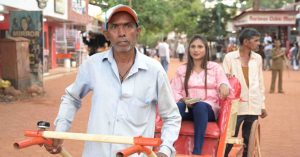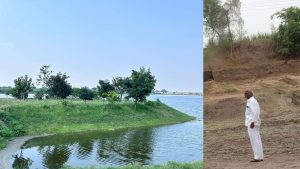4000+ People Are Getting Life-Saving Dialysis Through This Amazing Initiative
The Hans Foundation collaborates with the Government and private centres to establish renal care centres, ensuring access to cost-effective dialysis services in underserved regions.
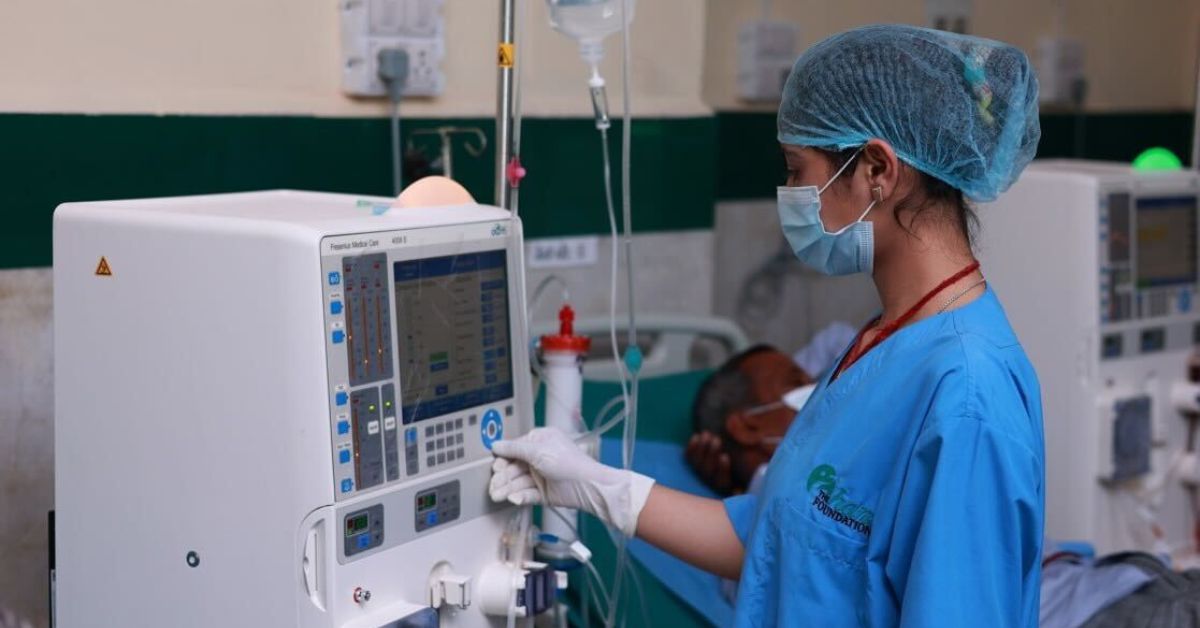
This article is sponsored by The Hans Foundation
Chandrakala Devi, an ASHA worker from Uttarakhand’s Chamoli district, started experiencing severe body pain, fever, chills, nausea, and difficulty walking in late 2021. During the course of her work in her district, these symptoms caused her considerable discomfort and made it difficult for her to continue her job.
She visited nearby doctors and PHCs, who ordered some basic tests and prescribed medicines. After two weeks of rest at home, the 45-year-old did not experience any improvement. A doctor advised her to visit a hospital in Dehradun for better access to treatment, which involved travelling almost four hours to cover a distance of over 150 km.
At a Government-aided hospital in Dehradun, Chandrakala was diagnosed with chronic kidney disease and advised dialysis twice a week. As this treatment was not available near her residence, she had to travel to Dehradun and stay there for two nights every week to get the dialysis done.
For this single mother, being separated from her son, spending on travel, and eight nights at lodging every month, was much more than what she could afford, both physically and mentally.
The situation faced by the ASHA worker resonates with many residing in rural parts of the country. According to the Global Burden of Disease (GBD) 2015, Chronic Kidney Disease (CKD) ranks as the eighth leading cause of death in India, largely because many patients develop complications leading to end-stage renal disease. A report published in The Lancet estimated that two lakh people in India develop end-stage renal disease every year due to the lack of access to long-term dialysis.
The high costs associated with dialysis care add to the financial woes of patients. Collaborating with the Uttarakhand Government, The Hans Foundation (THF) identified renal care as a major gap. Noticing that many residents in hilly areas were forced to migrate to Dehradun or Haldwani for dialysis, the organisation decided to bridge this gap by establishing last-mile availability of dialysis centres throughout the state, through the Hans Renal Care Centres initiative.
Started with a single centre in March 2022, the programme has now expanded to include over 27 centres across Uttarakhand, Himachal Pradesh, and Punjab. Over the past two years, THF has helped over 4,000 patients access free dialysis through these centres.
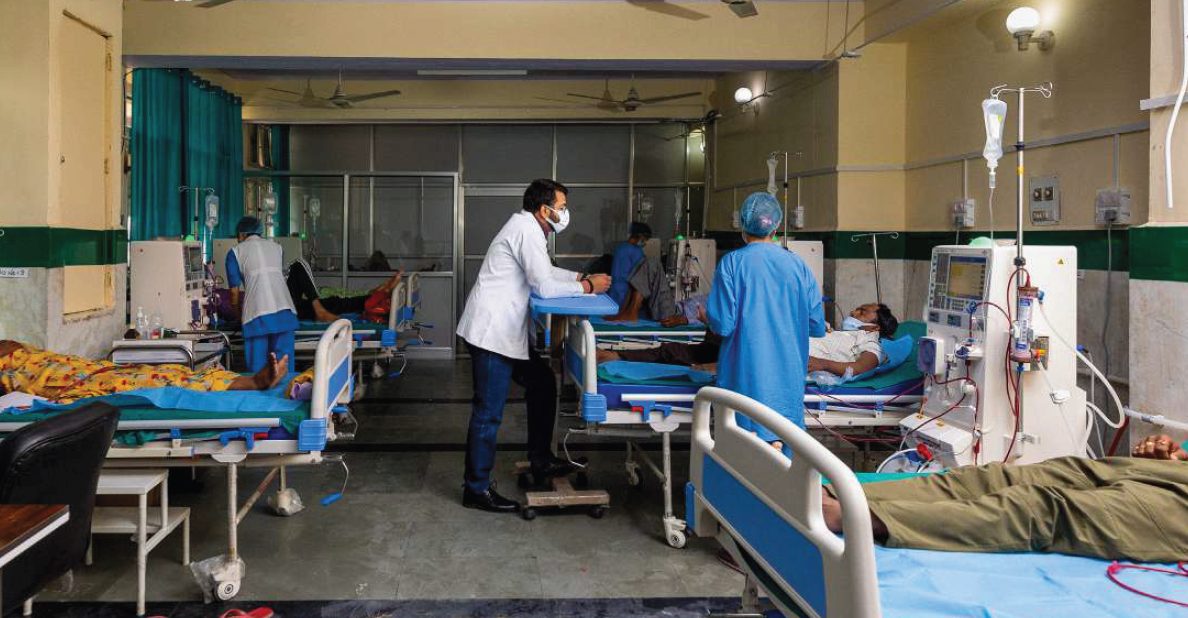
Improving access to dialysis in remote areas
A Government report has indicated an additional demand for 3.4 crore dialysis procedures annually. However, the predominantly private dialysis centres cater to less than half of this demand, making them unaffordable for the majority of patients in need.
In response, the Government initiated the Pradhan Mantri National Dialysis Program (PMNDP) in 2016, operating under a Public-Private Partnership (PPP) model to offer free dialysis services to economically disadvantaged individuals. This programme encompasses both hemodialysis and peritoneal dialysis services.
The Hans Renal Care Centres collaborate with the Government to ensure free dialysis care in areas where this essential healthcare service isn’t available. Each centre is staffed with a medical officer, a technician, a nurse, and a housekeeping staff, and is equipped with three dialysis machines. In addition, a nephrologist is assigned to each centre, who makes monthly visits and is available for consultations and emergencies.
The renal care centres run in partnership with the Government and are located within the Government district and zonal hospitals. While the space is provided by the Government, THF provides the necessary staffing, machines, medicines, and furniture.
In addition to the centres run in partnership with the Government, THF also operates a few private and independent Renal Care Centres, which provide cost-effective and subsidised dialysis care to patients.
So far, over 64,000 dialysis sessions have been conducted across the 30 centres, with 28 of them operating in partnership with different State Governments — including Uttarakhand, Himachal Pradesh, Meghalaya and Uttar Pradesh. The remaining two are privately managed by the foundation. The private centres, present in Uttarakhand and Punjab, offer dialysis at subsidised rates. The foundation is also soon planning to expand to even more centres in collaboration with the State Governments of Jharkhand and Punjab in the coming year.
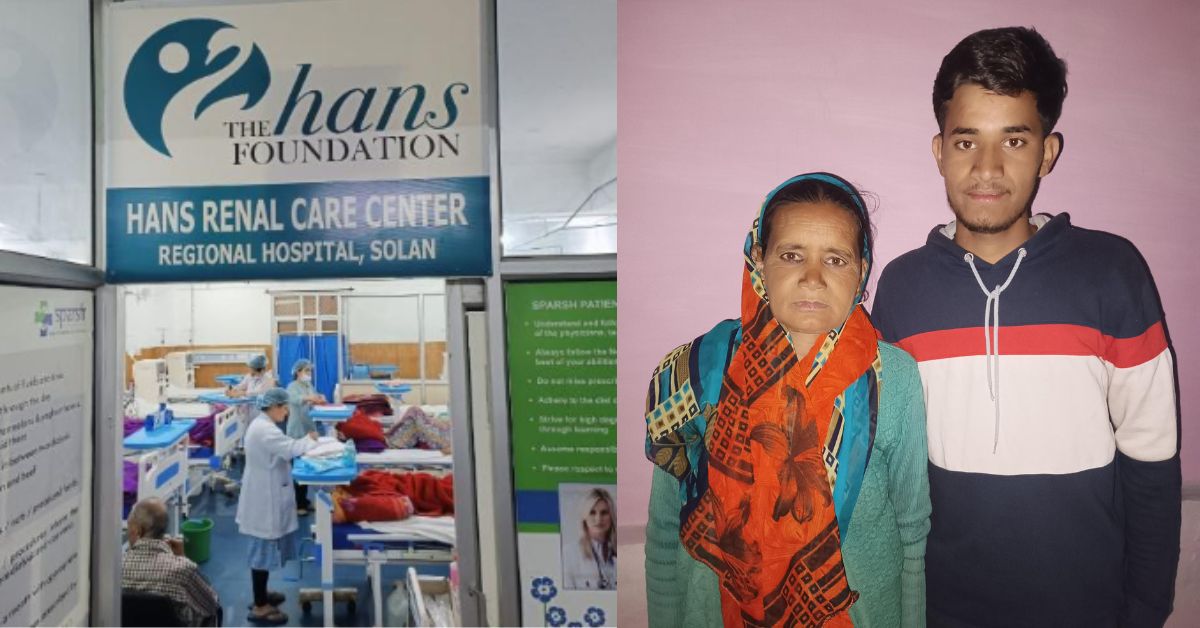
For patients like Chandrakala, this is a boon, as it saves them time, energy, as well as money. “Earlier, I had to spend two days in Dehradun, which posed a major challenge due to travelling, especially considering I reside in a hilly area with rugged terrain. Additionally, I have no one to accompany me as my son attends college. Enduring this commute for almost four months left me exhausted and made work exceedingly difficult,” she explains.
In March 2022, The Hans Renal Care Centre opened its doors in Karnaprayag, a mere half-hour journey from Chandrakala’s residence. This reduced her travel time, ensuring that she could return home within the first half of the day, allowing her to promptly fulfil her duties as an ASHA worker.
Understanding kidney health: dialysis, costs, and access initiatives
Healthy kidneys cleanse your blood, removing waste and excess fluid from your body in the form of urine. They also regulate acidity levels and contribute to maintaining a proper balance of water, salts, and minerals in your bloodstream.
“When the kidneys are unable to remove enough wastes and fluids from the blood, it causes a build-up of toxins and waste. Dialysis replaces the functions of the kidney by removing the waste and excess fluid,” explains Dr Ganpat Ram, Medical Officer at Karnaprayag Renal Care Centre.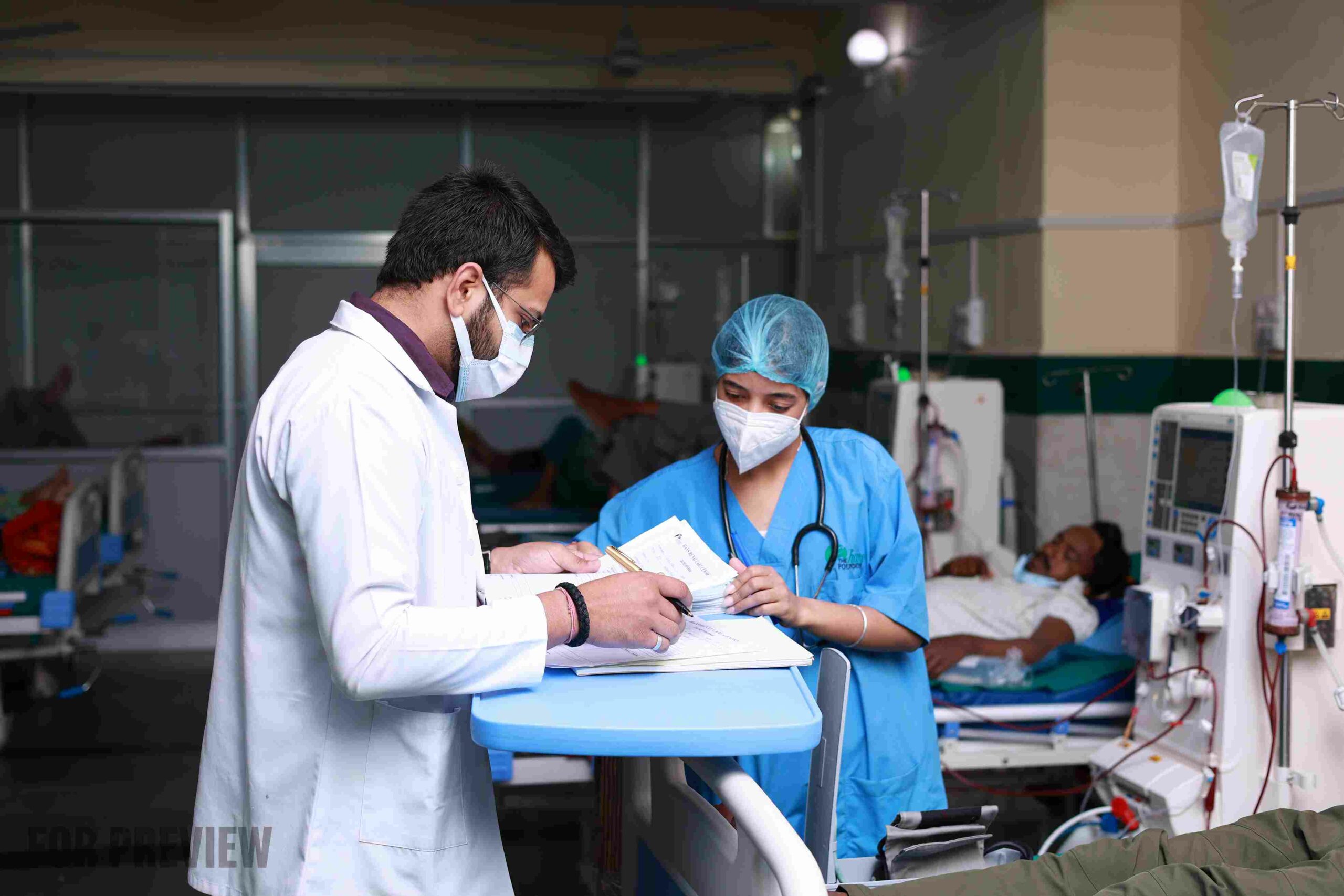
People with end-stage kidney disease require lifelong dialysis to survive, with the only alternative being a kidney transplant. Dialysis at private centres typically costs around Rs 2,000 per session, and when factoring in travel expenses, it results in an annual financial burden of at least Rs 2 lakh.
The Hans Foundation is working to bridge this gap, ensuring that people across the country, regardless of their financial status, have access to quality renal care in their districts. “The overall goal of this programme is to enable people in remote areas to access quality dialysis services at reduced out-of-pocket expenses and travel time, thereby enhancing their overall well-being,” Dr Ganpat added.
(Edited by Pranita Bhat; All photos courtesy: The Hans Foundation)
If you found our stories insightful, informative, or even just enjoyable, we invite you to consider making a voluntary payment to support the work we do at The Better India. Your contribution helps us continue producing quality content that educates, inspires, and drives positive change.
Choose one of the payment options below for your contribution-
By paying for the stories you value, you directly contribute to sustaining our efforts focused on making a difference in the world. Together, let’s ensure that impactful stories continue to be told and shared, enriching lives and communities alike.
Thank you for your support. Here are some frequently asked questions you might find helpful to know why you are contributing?


This story made me
- 97
- 121
- 89
- 167




